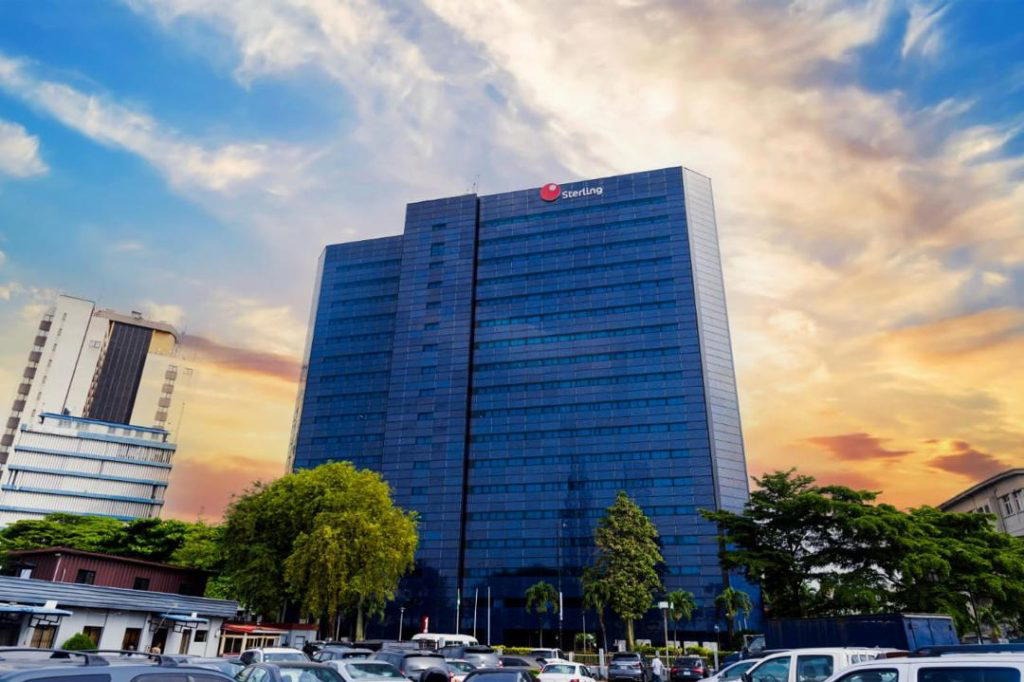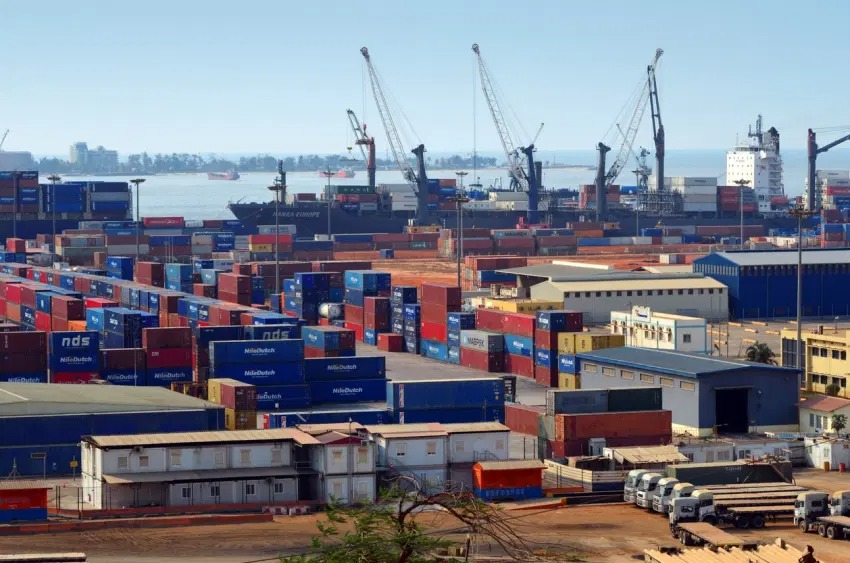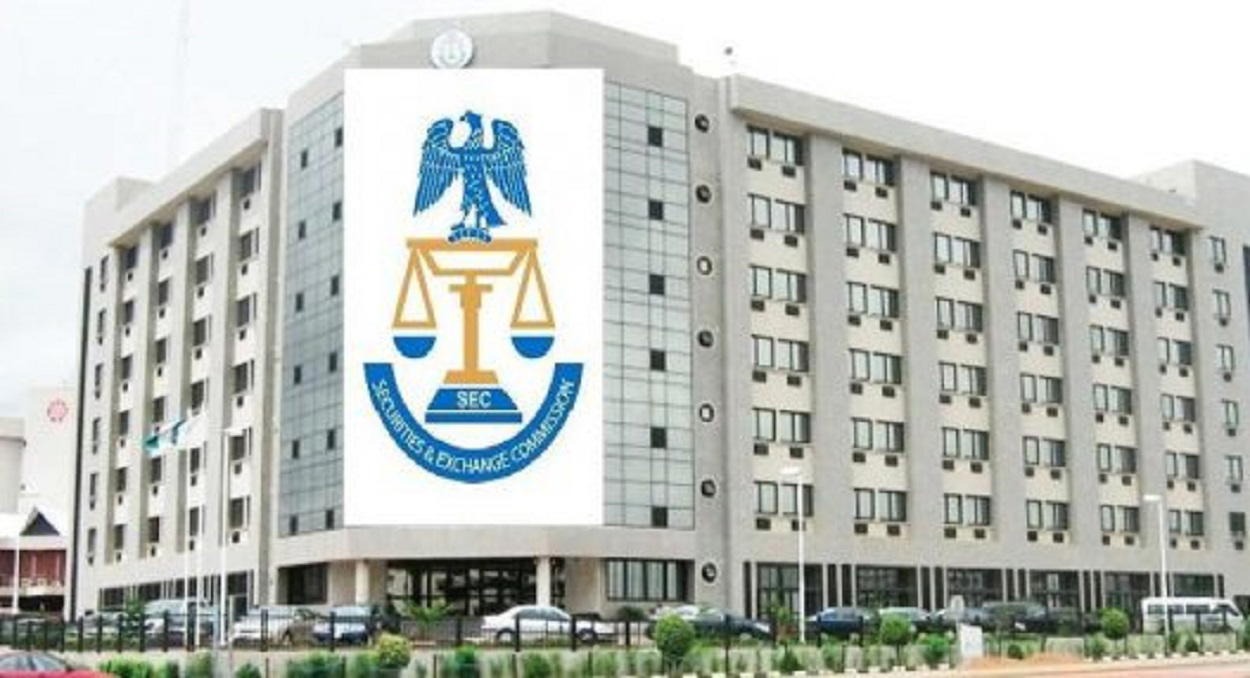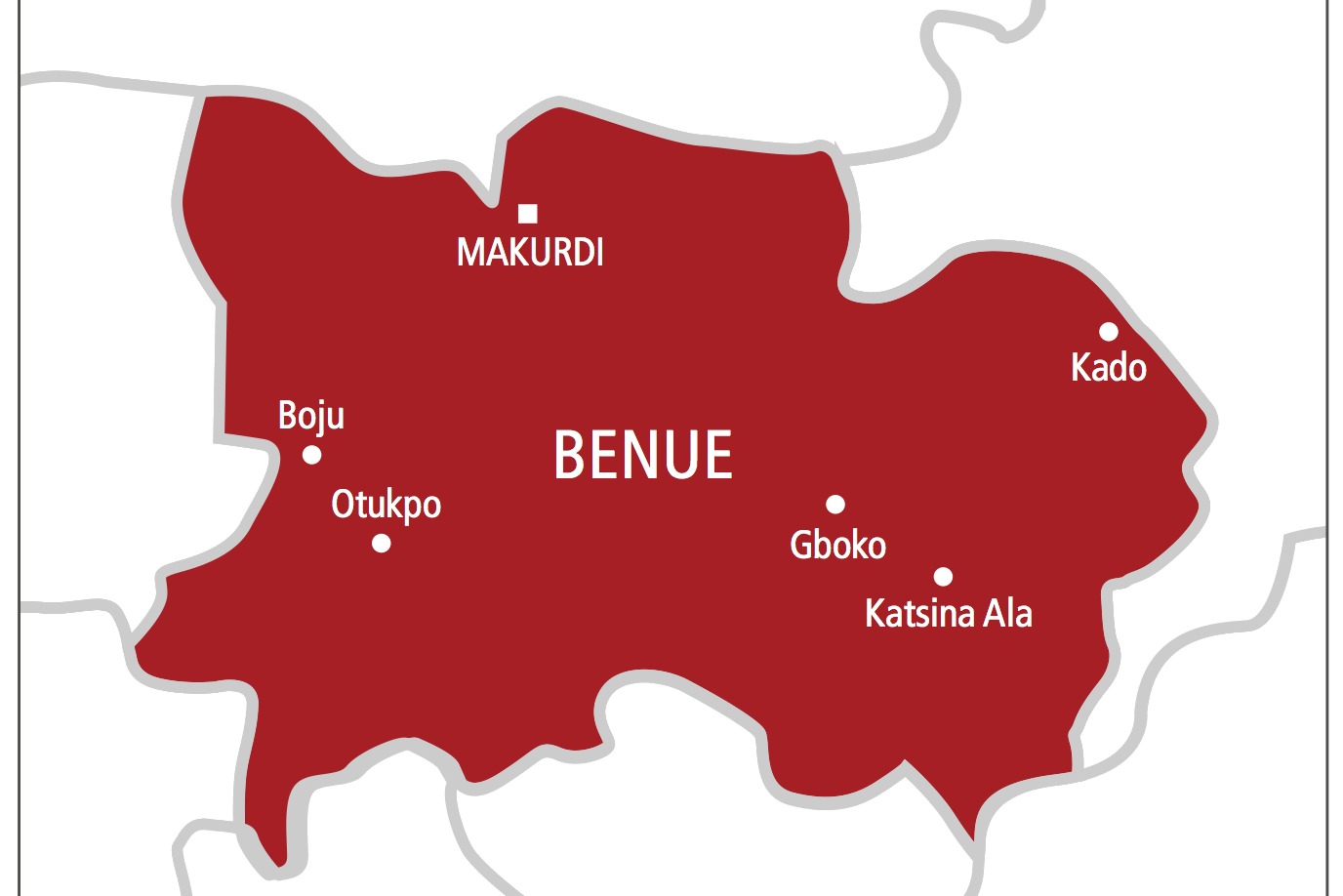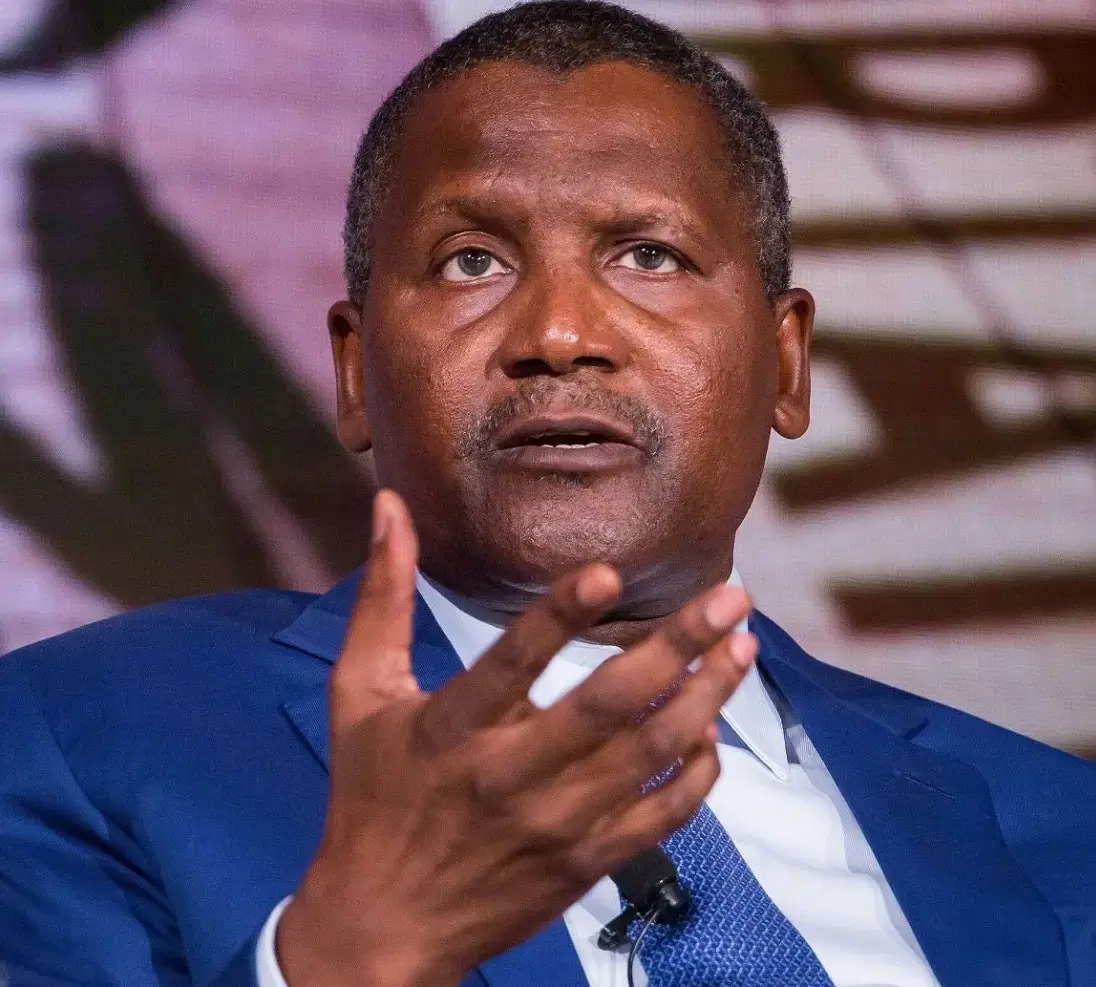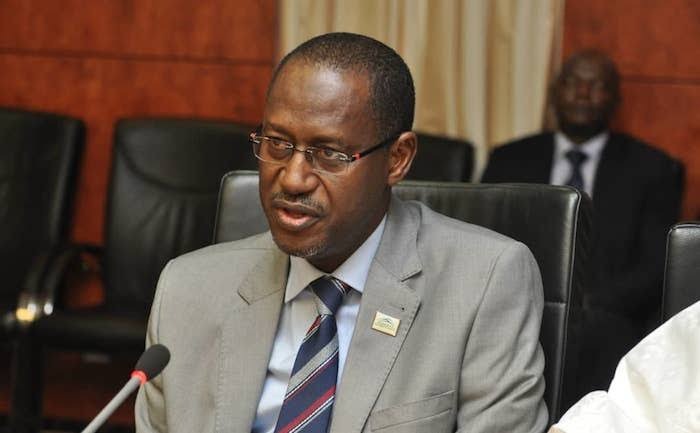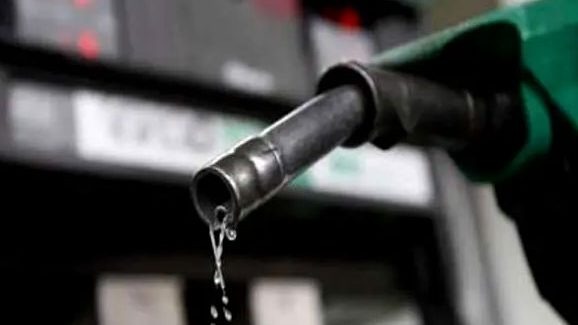LAGOS – In a landmark move that sets a new benchmark for customer-focused banking in Nigeria, Sterling Bank has championed the cancellation of bank transfer fees by major banks, announcing it will no longer take any money for itself for any local online transactions by its customers. The announcement made on April 1 initially sparked …
